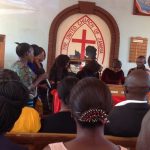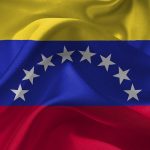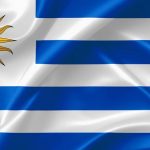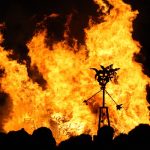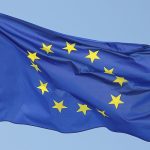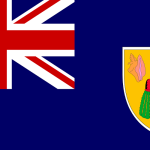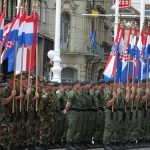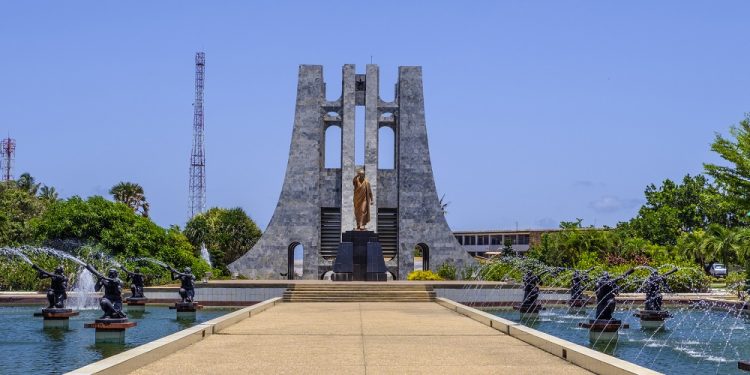
Founder’s Day
Founder’s Day is a public holiday celebrated in Ghana, West Africa. It commemorates the birthday of Dr. Kwame Nkrumah — Ghana’s first president — and also honors the founding fathers of Ghana. This day has been observed annually on September 21st since 2013.
The holiday has undergone some changes over the years. Its name was changed from Founder’s Day to Founders’ Day to acknowledge not only Dr. Kwame Nkrumah but also the other Big Six who were instrumental in Ghana’s independence.
In March 2019, the Public Holiday Amendment Bill was passed into law, changing the celebration date from September 21st to August 4th. Despite this, the Convention People’s Party (CPP) continues to celebrate September 21st as Founder’s Day, regardless of the government’s attempt to rename the holiday.
A Brief History Of Ghana
The first European explorers to arrive on the Gulf of Guinea in West Africa were the Portuguese in 1471. They encountered numerous African kingdoms, some with significant gold deposits, which increased Portuguese interest in the region. Over the next 12 years, they continued to trade and plunder, establishing the Castle of Elmina, the first European settlement on Africa’s Gold Coast.
The Portuguese used Elmina as a base to acquire gold and slaves from local African tribes in exchange for European goods such as guns, rum, beads, and metal knives. When other European powers learned of the wealth in Africa, they too arrived in the region.
European traders established several forts along the coastline, and the area became known as the Gold Coast due to its gold resources. European powers used this area to ship African slaves to North America, South America, and the Caribbean.
In 1821, the British government established the British Gold Coast Colony after taking over the interests of several European countries in the area. The British waged several wars against the Ashanti people, and after the last Ashanti War, the Ashanti lands became a British protectorate in January 1902.
Kwame Nkrumah was born on September 21, 1909, in Nkroful, Gold Coast. His early education was provided by Catholic missionaries, and he later became a teacher, earning a decent living and becoming popular among his students. Nkrumah then pursued further education in the U.S., arriving in New York in 1935 and spending time in Harlem with other West Africans.
In the U.S., Nkrumah was exposed to alternative governance models and learned about race relations. He also spent time in London, organizing Pan-African congresses before returning to the Gold Coast in 1949.
Back on the Gold Coast, Nkrumah observed the gradual transfer of power in other British colonies following India’s independence. He believed the principle of self-government could be applied in the Gold Coast. Dissatisfied with the existing nationalist group, he established the Convention People’s Party (CPP). Within two years, the CPP won several self-rule elections, and Nkrumah became the de facto Prime Minister. On March 6, 1957, Ghana gained independence from British rule.
As one of the first British African colonies to achieve majority-rule independence, the event attracted global attention. Nkrumah remained Ghana’s leader until 1966.
In February 1966, while Nkrumah was on a state visit to China and North Vietnam, his government was overthrown in a coup d’état led by the national military and police forces, with the backing of the Ghana Civil Service. Nkrumah learned of the coup upon his arrival in China.
The History Of Founder’s Day
Before 2012, Founder’s Day was observed through a presidential decree. On September 21st, 2012, President John Dramani Mahama directed the Minister for the Interior of Ghana to prepare an amendment bill to make this day an official holiday. The bill was passed, establishing Founder’s Day in September 2013, to be observed annually thereafter. The announcement coincided with the 103rd birthday of Dr. Kwame Nkrumah and a celebration at the Kwame Nkrumah Mausoleum.
However, the government’s 2019 Public Holiday Amendment Bill changed the official date of the holiday from September 21st to August 4th, making September 21st Kwame Nkrumah Memorial Day.
Founder’s Day Controversy
The change from September 21st to August 4th is controversial. The CPP believes that making August 4th Founder’s Day and September 21st Kwame Nkrumah Memorial Day is an attempt by the Akufo-Addo government to rewrite Ghana’s history.
The National Democratic Congress (NDC) claims Akufo-Addo is trying to elevate his uncle JB Danquah, a leader in the United Gold Coast Convention (UGCC), which Nkrumah left to form the CPP. Under the CPP, Nkrumah became Leader of Government Business, Prime Minister, and eventually, president of Ghana.
Founder’s Day Traditions & Customs
Founder’s Day is celebrated in various ways across Ghana. Some people host BBQs with friends and family, while others visit the graves of Dr. Kwame Nkrumah or other founding fathers. As a public holiday, government offices, post offices, banks, and some businesses may be closed or have modified hours.
